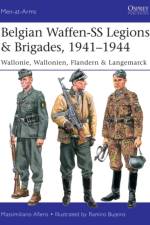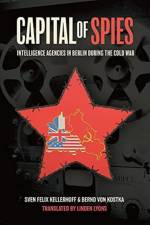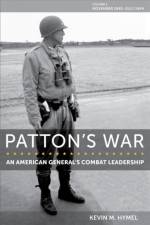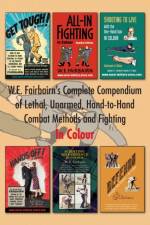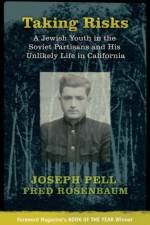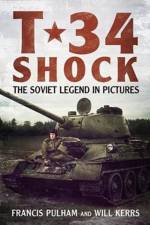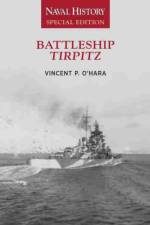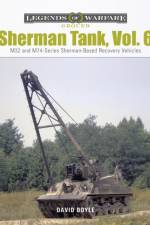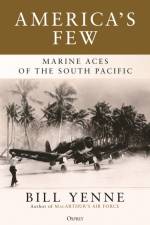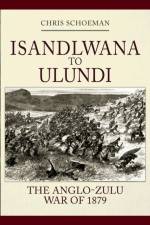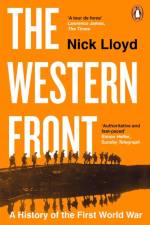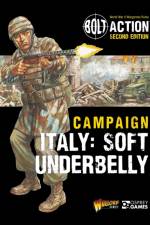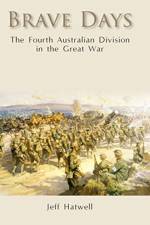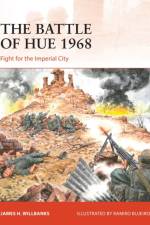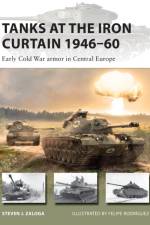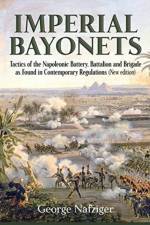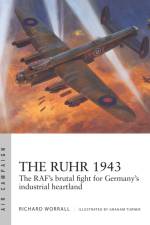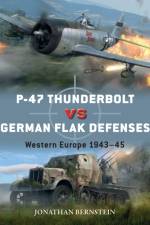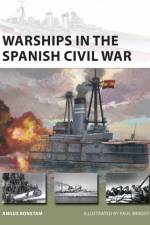- Marine Aces of the South Pacific
av Bill Yenne
351
Using the parallel stories of Gregory "Pappy" Boyington and Joseph "Smokey Joe" Foss, the two top-scoring US Marine Corps fighter aces of all time, this fascinating new book explores US Marine Corps aviation over the South Pacific.America''s Few delves into the history of US Marine Corps aviation in World War II, following the feats of the Corps'' top-scoring aces in the skies over Guadalcanal. Marine Corps aviation began in 1915, functioning as a self-contained expeditionary force. During the interwar period, the support of USMC amphibious operations became a key element of Marine aviation doctrine, and the small force gradually grew. But in December 1941 came the rude awakening. Within hours of Pearl Harbor, heroic Marine aviators were battling the Japanese over Wake Island. In the South Pacific, the aviators of the US Marine Corps came out of the shadows to establish themselves as an air force second to none. In the summer of 1942, when Allied airpower was cobbled together into a single unified entity ΓÇô nicknamed "the Cactus Air Force" ΓÇô Marine Aviation dominated, and a Marine, Major General Roy Geiger, was its commander. Of the twelve Allied fighter squadrons that were part of the Cactus Air Force, eight were USMC squadrons. It was over Guadalcanal that Joe Foss emerged as a symbol of Marine aviation. As commander of VMF-121, he organized a group of fighter pilots that downed 72 enemy aircraft; Foss himself reached a score of 26. Pappy Boyington, meanwhile, had become a Marine aviator in 1935. Best known as the commander of VMF-214, he came into his own in late 1943 and eventually matched Foss''s aerial victory score. Through the parallel stories of these two top-scoring fighter aces, as well as many other Marine aces, such as Ken Walsh (21 victories), Don Aldrich (20), John L. Smith (19), Wilbur Thomas (18.5), and Marion Carl (18.5), many of whom received the Medal of Honor, acclaimed aviation historian Bill Yenne examines the development of US Marine Corps aviation in the South Pacific.

